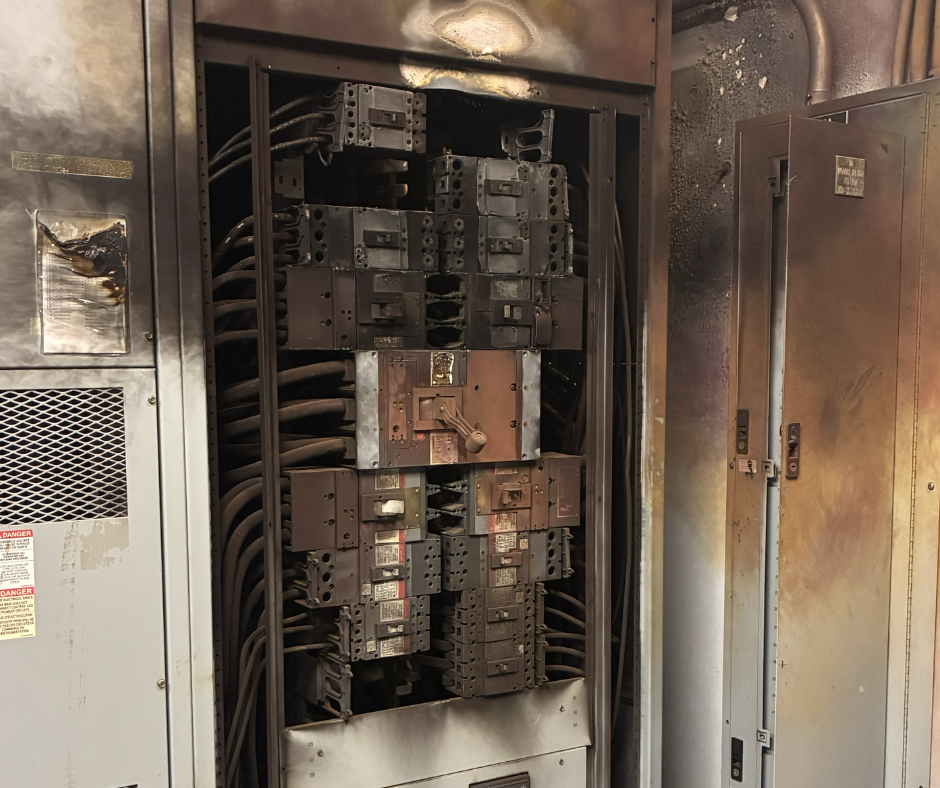There may be scores of readers who might suggest that President Barack Obama is the reincarnation offormer President Jimmy Carter.
Carter was the ill-fated president who suffered the turmoil of going through several domestic and international crises all at the same time, while sustaining intense criticism long after he left office in electoral humiliation.
But is Obama doomed to repeat a one-term presidency, like Carter? I would submit that he is more in the mold of Carter’s successor, former President Ronald Reagan, who boosted the American economy and brought in an era of great fiscal responsibility that favored big businesses and the working class.
Do we view Obama simply in terms of being the first-ever black person elected as president, who energized a grassroots movement and brought in a new wave of hope for change? Or should we view him as the man who saw most of his policies being overturned or bogged down in Congress in his first year in office?
I say neither.
Obama is a remarkable person — intelligent, articulate, committed and inspirational. He has reshaped the political landscape. If anything, what Obama epitomizes is the political soldier for the next generation, having to deal with multiple crises to help revive a teetering economy he inherited from those in office before him.
Obama should not be judged for the media-manufactured vagaries of politics driven by the nonsense of Glenn Beck and his fellow Teabaggers — nor by the wishful thinking of his opponents.
Current Republicans — trying to capitalize on momentary blips and hoping to boost optimism and activism within their diminished ranks — are trying their best, even when there is no clear leader among them.
The Obama skeptics are fond of invoking comparisons between 1993 and 2009. 1993 was the year the last Democratic president took over from a Republican predecessor.
In reaction, it is said, to the same liberal over-reaching we now see with Obama, the GOP scored dramatic off-year wins in the 1994 elections.
It’s the wrong analogy.
A more apt precedent is 1981, when Reagan was struggling with a recession in his first year in office. Then, as now, the president had charged into office with a majority of the popular vote — unlike former President Bill Clinton, who won just 43 percent of the vote in 1992 — along with a wave of party gains in the House and Senate.
But by early November of 1981, according to a New York Times poll, Reagan’s approval rating had dipped to 53 percent. Obama is right around the same figure today.
Reagan’s numbers continued to decline, plunging into the low 40s, as unemployment continued to climb through his second year in office.
Why, in the midst of what at the time was called the worst recession since the Great Depression, did the country not punish the ruling Republican Party back in the 80s? Perhaps because the country’s last experience with the Democrats — the loathed malaise of the Carter presidency — made people reluctant to turn back to them.
Similarly, the disastrous record of President George W. Bush and congressional Republicans now acts as a buffer for Obama and the Democrats.
Surveys show that, whatever negative feelings Americans hold for the current administration, it is nothing compared with their lingering disgust with the GOP — which, it should be noted, most continue to blame for the ongoing economic troubles.
That dynamic was missing in 1993. Although former President George H. W. Bush was unpopular, he was not despised, and fond memories of Reagan-era prosperity were still fresh.
With unemployment likely to remain intolerably high well into 2010, Democrats in the midterm elections will probably lose some of their recent gains. But they will remain solidly in the majority in both the House and Senate, which means that, as the economy improves, they will be in a position to take the credit. Which is just what Reagan did in 1984.
Whatever small gains the Democrats had gotten out of bashing the Gipper’s economic plan in the early ‘80s turned
sour as the economy boomed, and the public naturally credited Reaganomics.
All that was left for their 1984 presidential nominee, Walter Mondale, to criticize was the ballooning national deficit.
The 2012 GOP nominee will undoubtedly do the same — and learn, as all deficit-hawk candidates have before, that it doesn’t work.
At some point, this economy, like that of the early 1980s, will improve, and — deservedly or not — the American voters will
give Obama credit for his accomplishments: stimulus funding, “toxic assets” purchases, foreclosure-protection legislation,
credit-card regulations, Cash for Clunkers, homeowner tax credits and extended unemployment benefits.
They will also remember that the Republicans stood adamantly opposed to all of the above.
Assuming reasonable success in winding down the wars he inherited in Iraq and Afghanistan, Obama should win an easy reelection.
One might even say it will be Reagan-esque.
E-mail Chad Smith at
graphics@unfspinnaker.com.












tom | Mar 27, 2010 at 1:12 am
There are some cons about the health care bill, but overall I think it is good and it is time for a health care reform.